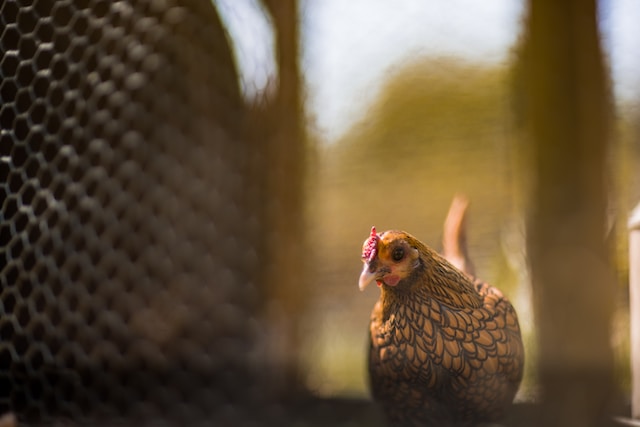Introduction: Disease management is a critical aspect of hen’s egg production, as the health and well-being of the flock directly impact productivity and the quality of eggs. Poultry farmers face various challenges when it comes to disease prevention and control. In this article, we explore common issues in hen’s egg production related to diseases and highlight essential prevention measures that can safeguard the health of the flock and ensure the production of safe and high-quality eggs.
- Biosecurity Measures: Implementing robust biosecurity practices is fundamental to preventing the introduction and spread of diseases in egg production facilities. This includes measures such as controlling access to the farm, disinfecting equipment, practicing proper waste management, and implementing strict protocols for visitors and workers. Biosecurity measures act as a crucial first line of defense against diseases.
- Vaccination Programs: Vaccination plays a pivotal role in disease prevention in commercial egg production. Vaccines are available for several viral and bacterial diseases that can affect hens and compromise egg production. Following a well-designed vaccination program, in consultation with a veterinarian, helps provide immunity to common pathogens and reduces the risk of disease outbreaks.
- Disease Surveillance: Regular monitoring and surveillance are essential for early detection of diseases in the flock. This includes routine health inspections, regular sampling for laboratory analysis, and maintaining records of flock health and performance. Prompt identification of any abnormalities or disease symptoms allows for swift action to mitigate the spread of diseases and minimize their impact on egg production.
- External and Internal Parasite Control: Parasitic infestations pose significant threats to hen’s egg production. External parasites, such as mites and lice, can cause stress, anemia, and decreased egg production. Internal parasites, including worms, affect the overall health and nutrient absorption of hens. Implementing appropriate parasite control measures, such as regular treatments and maintaining a clean environment, helps minimize these risks.
- Good Hygiene Practices: Maintaining proper hygiene within the poultry house is crucial for disease prevention. Regular cleaning and disinfection of housing facilities, equipment, and feeders help reduce the risk of contamination and the spread of pathogens. Clean water sources and proper waste management are also essential components of maintaining good hygiene standards.
- Quarantine and Isolation: Introducing new birds to the flock without proper quarantine measures can introduce diseases into the farm. Implementing a quarantine period and conducting health checks for new birds helps identify any potential diseases before they can spread to the existing flock. Isolating sick or infected birds also prevents the transmission of diseases to healthy individuals.
- Education and Training: Providing education and training to farm staff on disease recognition, prevention, and control measures is crucial. Understanding the signs and symptoms of common diseases enables early intervention and helps prevent their escalation. Regular training programs and knowledge sharing within the industry contribute to improved disease management practices.
- Veterinarian Consultation: Collaboration with a qualified veterinarian is essential for effective disease management in egg production. Veterinarians can provide guidance on vaccination programs, diagnose diseases, recommend treatment protocols, and offer valuable insights into biosecurity measures. Establishing a relationship with a trusted veterinarian fosters proactive disease prevention and management.
Conclusion: Disease management is an integral part of hen’s egg production, ensuring the health and productivity of the flock and the safety of the eggs. By implementing robust biosecurity measures, following vaccination programs, conducting regular surveillance, and practicing good hygiene, poultry farmers can mitigate disease risks and safeguard the sustainability of their operations. Proactive disease prevention measures combined with ongoing education and collaboration with veterinary professionals are crucial in maintaining a healthy flock and a thriving egg production industry.




